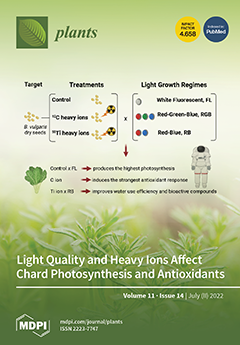Adapting Agriculture to Climate Change: A Synopsis of Coordinated National CropWild Relative Seed Collecting Programs across Five Continents
The Adapting Agriculture to Climate Change Project set out to improve the diversity, quantity, and accessibility of germplasm collections of crop wild relatives (CWR). Between 2013 and 2018, partners in 25 countries, heirs to the globetrotting legacy of Nikolai Vavilov, undertook seed collecting expeditions targeting CWR of 28 crops of global significance for agriculture. Here, we describe the implementation of the 25 national collecting programs and present the key results. A total of 4587 unique seed samples from at least 355 CWR taxa were collected, conserved ex situ, safety duplicated in national and international genebanks, and made available through the Multilateral System (MLS) of the International Treaty on Plant Genetic Resources for Food and Agriculture (Plant Treaty). Collections of CWR were made for all 28 targeted crops. Potato and eggplant were the most collected genepools, although the greatest number of primary genepool collections were made for rice. Overall, alfalfa, Bambara groundnut, grass pea and wheat were the genepools for which targets were best achieved. Several of the newly collected samples have already been used in pre-breeding programs to adapt crops to future challenges.

